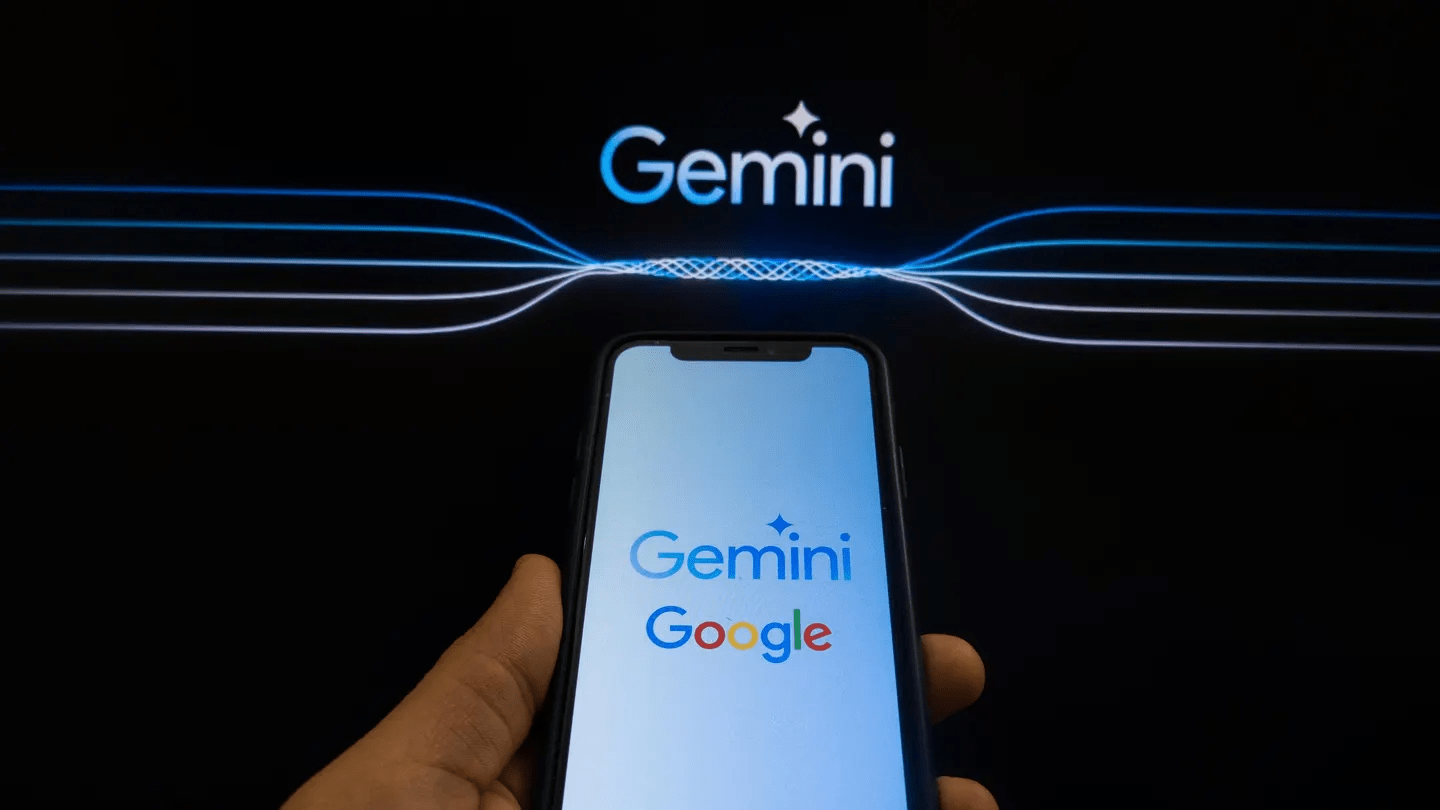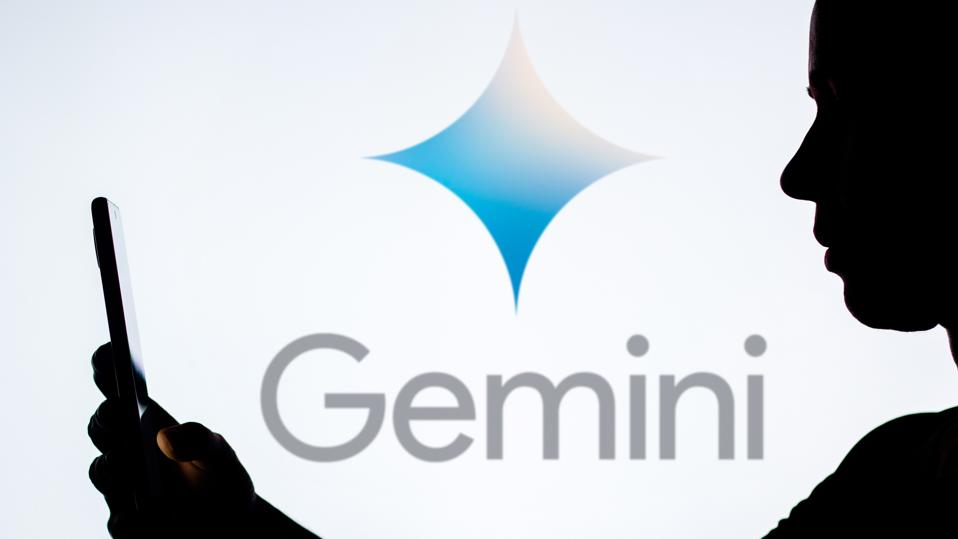Mustafa Suleyman is leaving Inflection AI, the maker of chatbot Pi, for Microsoft in a massive shakeup at one of Silicon Valley’s highest-valued artificial intelligence startups. Inflection, valued last year at $4 billion, said it is shifting its focus to a business-to-business strategy.

Mustafa Suleyman will now lead consumer AI at Microsoft after departing his startup Inflection AI.
Getty Images
Suleyman will lead Microsoft’s consumer AI efforts, Microsoft CEO Satya Nadella explained in a blog post, forming a new group called Microsoft AI that includes its Copilot product. Inflection cofounder and chief scientist Karén Simonyan and an unspecified number of engineers and researchers are also departing Infection to help create the group.
Most of Inflection’s 70 employees are among that number, a source with knowledge told Forbes. Microsoft is not taking any equity position in Inflection AI as part of the shift, a second source added, nor will it be acquiring any of Inflection’s intellectual property. Inflection, Microsoft and Suleyman declined to comment beyond their respective posts.
Inflection will focus now on providing an application programming interface, or API, to other businesses — a major shift for a company that had focused until recently on Pi, its chatbot alternative to OpenAI’s ChatGPT and Anthropic’s Claude. It will host that API on Microsoft’s cloud service as well as others, the source added. In its own post, Inflection claimed that PI had “millions” of weekly users. Those people would continue to have access, at least for now, as the company claimed “there will be no immediate changes to the service.”
The shift at Inflection and departure of two of its cofounders — Sean White, previously chief research officer at Mozilla, is joining as CEO — comes as a stunning reversal for a company that had raised $1.3 billion just last June and announced the newest version of its model last November. Pi was “massively popular, with huge retention,” Suleyman claimed to Forbes then. “Fundamentally I’m building a business, and it’s extremely competitive.”
In a Bloomberg interview on Tuesday, Suleyman doubled down on his account that Inflection was popular with not just investors, but users, saying Pi’s daily user count had reached one million. It hadn’t, however, found an effective business model, he said.
Related
Building powerful AI models to compete with the likes of OpenAI is expensive. Still, for Inflection to exit the consumer race so quickly — after having raised so much money, so fast — while its CEO departs for a top job at Microsoft, raised some eyebrows among insiders, even if it didn’t fully surprise.
“It’s a good day for Mustafa and a bad day for Inflection’s investors and early employees,” said Nathan Benaich, founder and general partner at Air Street Capital, which has backed AI unicorn Adept. The costs associated with the consumer race mean that only a small handful will survive and win, he added.
At Index Ventures, Mike Volpi, a board director at another AI model unicorn already focused on business-to-business growth, Cohere, said he expected “Big Tech” companies like Microsoft to be the beneficiaries of the consumer AI horse race. The enterprise side is “much more viable” to hold its own, he added, name-checking Cohere and another prominent AI unicorn, Anthropic. “A lot of AI companies that were focused on consumer will try to move over to the enterprise market. Time will tell whether the pivot isn’t too late.”
But May Habib, cofounder and CEO of enterprise AI startup Writer added that capturing that market is no cake walk. “I think this move demonstrates how hard it is to build a new budget in the enterprise, and of course the incumbents have a major bundling advantage,” she said. “It’s a coup for Satya, for sure.”
Whether Suleyman’s departure is more a signal of Inflection’s difficulties or a bigger opportunity presenting itself is unclear. Suleyman previously cofounded DeepMind, acquired by Google, before departing in 2022 after being accused of an overly aggressive management style.
Late last year, Clément Delangue, CEO of another billion-dollar AI startup, Hugging Face, predicted that in 2024 at least one hyped and buzzy AI company would either get acquired or go bankrupt. Microsoft snagging two of Inflection’s founders might be the next closest thing so far.
“While no one predicted this specific outcome, we shouldn’t be surprised,” added the investor Benaich. “If antitrust regulators make [mergers and acquisitions] prohibitively difficult, we should expect these bizarre semi-exits to become more common.”
This story was first published on forbes.com and all figures are in USD.



